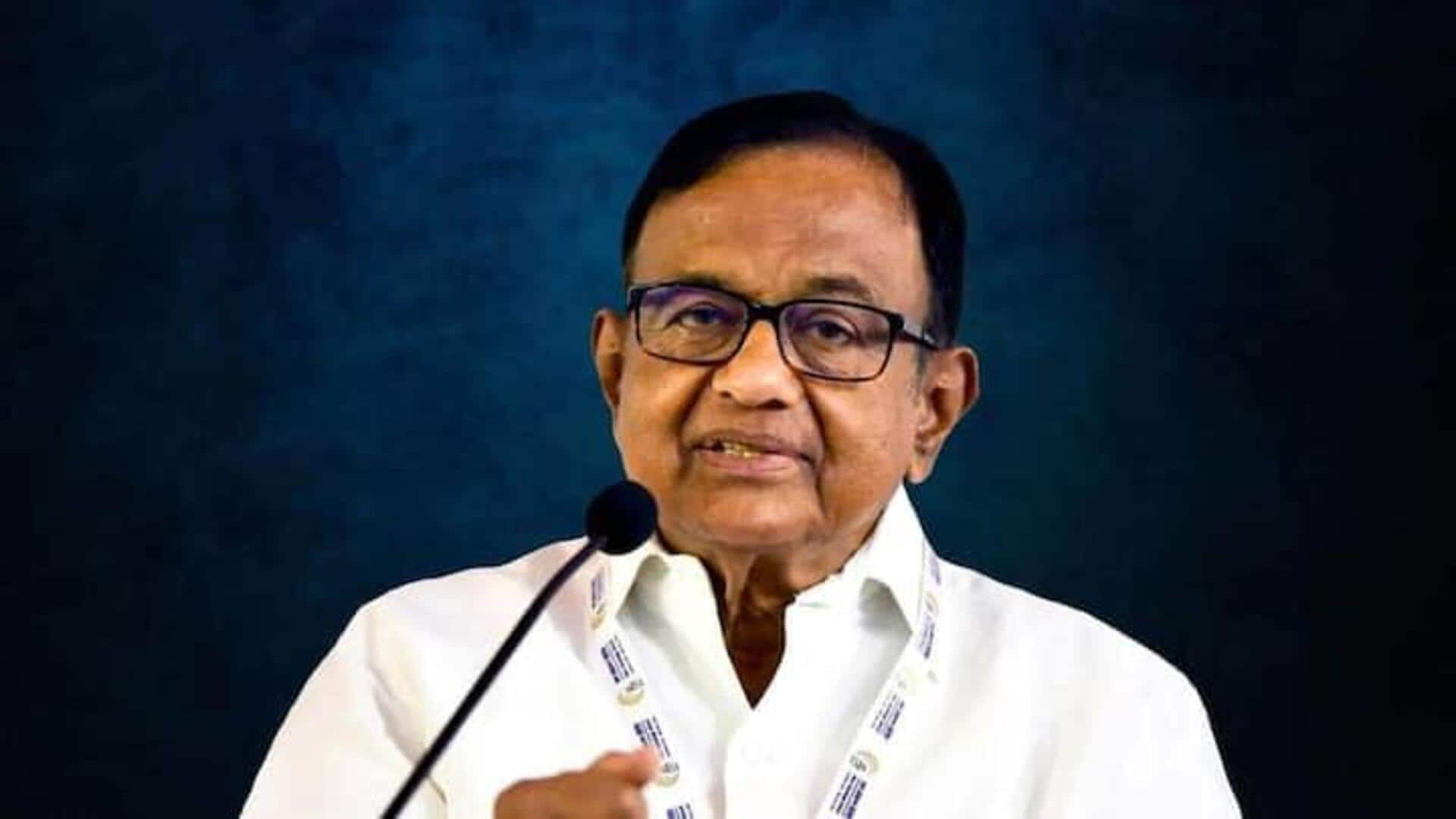
'US stopped us': Chidambaram makes big 26/11 admission; BJP responds
What's the story
Former Union Home Minister P Chidambaram has admitted that the United Progressive Alliance (UPA) government chose not to retaliate against Pakistan after the 2008 Mumbai terror attacks due to pressure from the international community, including the United States. "The whole world descended upon Delhi to tell us 'don't start a war'," Chidambaram, who took over as the Union home minister just days after the terror attacks, told a Hindi news channel.
Remarks
'It did cross my mind for some act of retribution'
"Condoleeza Rice, who was then US Secretary of State, flew in two or three days after I took over, to meet me and the Prime Minister. And to say, 'please don't react.' I said this is a decision that the government will take," he said. "Without disclosing any official secret, it did cross my mind that we should do some act of retribution," he admitted.
HM
Conclusion largely influenced by MHA, IFS
Chidambaram went on to explain that he discussed potential reprisal with the Prime Minister (Dr. Manmohan Singh) and "other people who mattered." "The Prime Minister had discussed this even when the attack was going on... And the conclusion was, largely influenced by the Ministry of External Affairs, and the IFS (Indian Foreign Service), that we should not physically react to the situation," he recalled.
Political fallout
BJP leaders react sharply to Chidambaram's statement
Chidambaram's admission has invited sharp criticism from Bharatiya Janata Party (BJP) leaders. Union Minister Pralhad Joshi said it was an acknowledgment that the Mumbai attacks were "mishandled due to pressure from foreign powers." "After 17 years, Chidambaram, Former Home Minister admits what the nation knew - 26/11 was mishandled due to pressure from foreign powers. Too little, too late."
Policy critique
Questions raised about Congress leaders' role in decision
BJP spokesperson Shehzad Poonawala alleged that Chidambaram was initially hesitant to take over as home minister after the attacks and wanted military action against Pakistan but was stopped by others. He also questioned if it was senior Congress leader Sonia Gandhi who had influenced the decision not to retaliate. He asked, "Why was UPA taking orders from her? Why did Sonia Gandhi prevail over the Home Minister?"
Response comparison
BJP contrasts UPA's response with its own actions against terror
The BJP has often cited India's response after the Mumbai attack as an example of the UPA's weakness in foreign policy and security matters. It contrasts the UPA's response to the Mumbai attacks with its own strong actions against terror, such as surgical strikes in 2016 and the Balakot airstrike in 2019. The Mumbai attacks on November 26, 2008, by Pakistani terrorists left 175 people dead. One of the terrorists, Ajmal Kasab, was captured and executed in 2012.